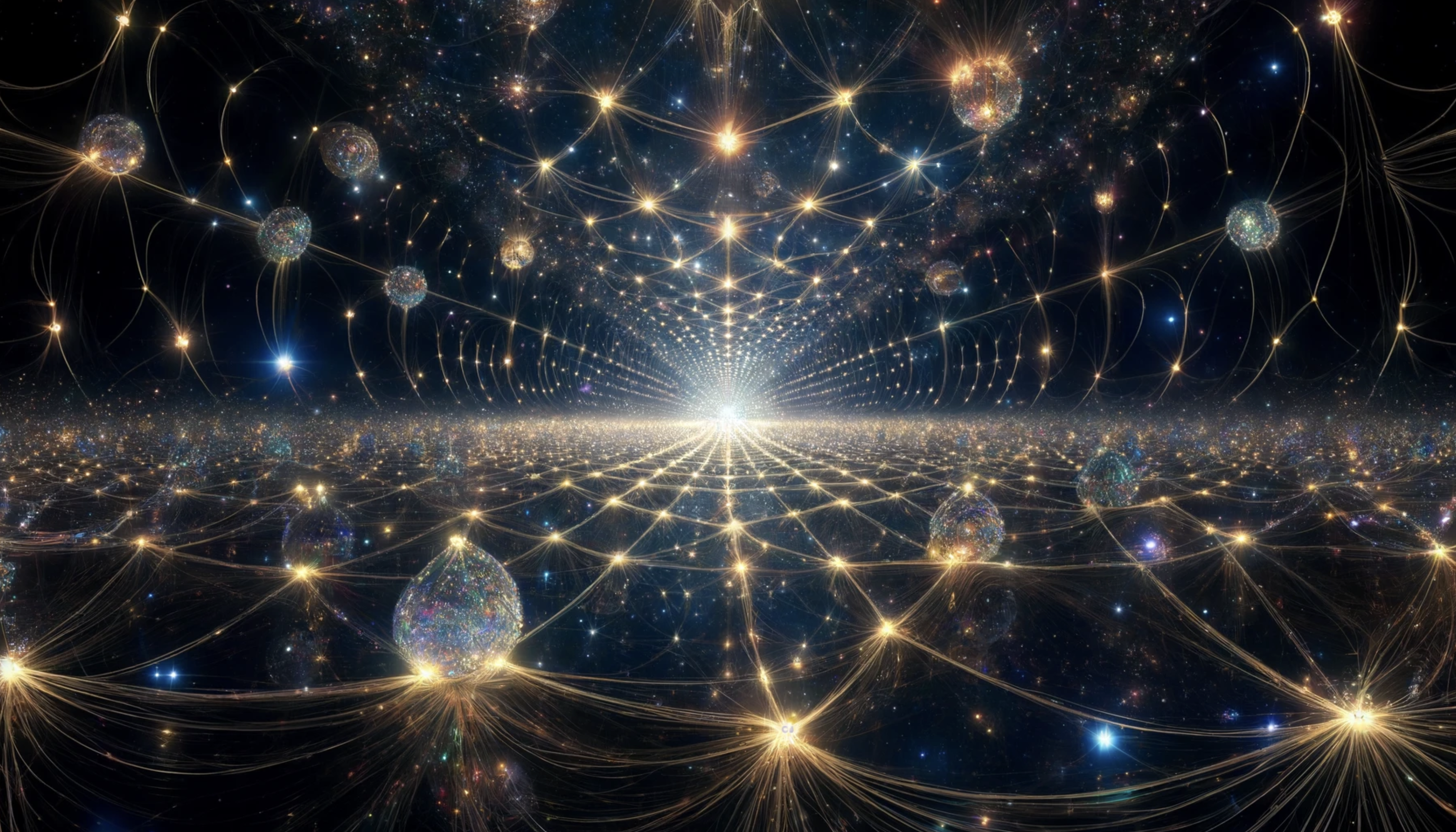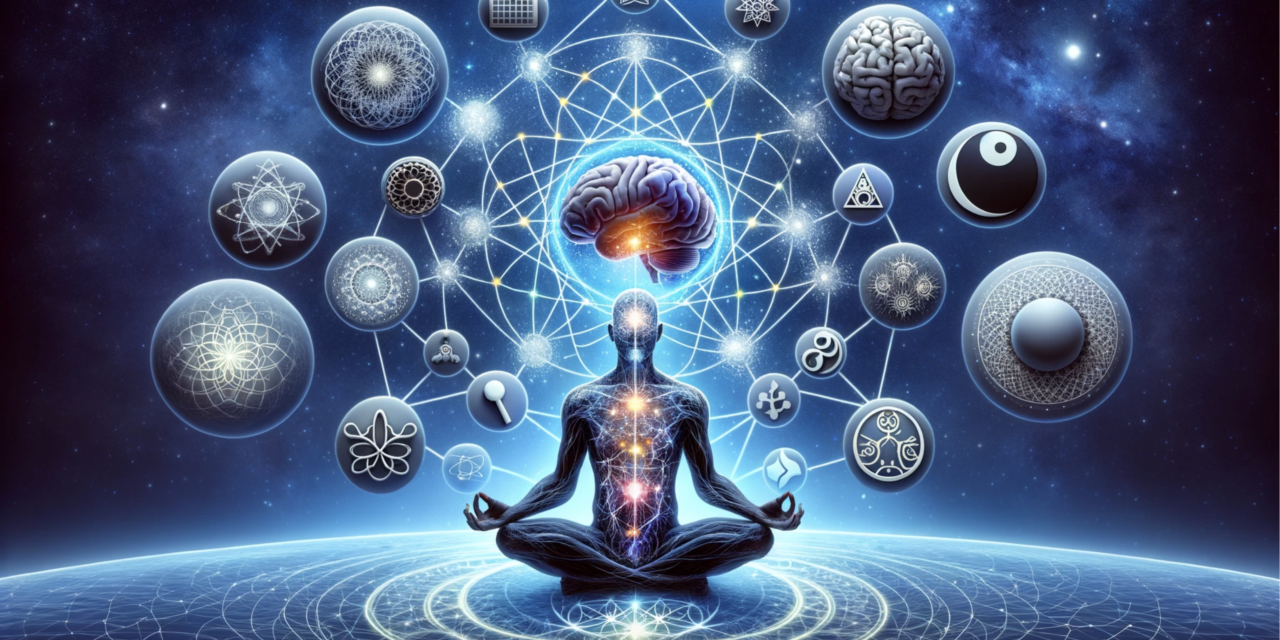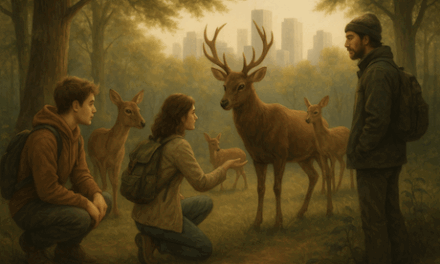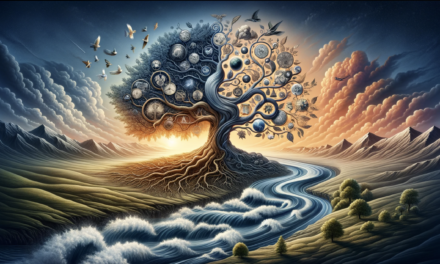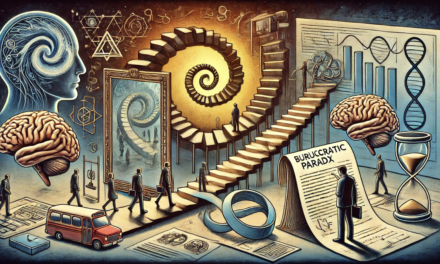My recent experiences with non-dual meditation and the profound spiritual experience that led directly to my switching degree courses from electrical engineering to theology in 1960 have persuaded me to reflect on what I know about mysticism in the world’s spiritual traditions. Two other factors prompted me to institute a dialogue about it with ChatGPT(4o). For the past two years, leading a u3a group on “Science, Philosophy, and Spirituality” has deepened my knowledge of Eastern spiritual traditions. Secondly, Rory Stewart’s recent podcast, “The long history of ignorance”, made a deep impression on me. The result was this essay.
Introduction
Mystical experiences are often described as profound encounters with a reality that transcends ordinary perception. These experiences are universal, appearing in various forms across different cultures and religious traditions. Yet, they share a common essence: a direct, non-dual awareness that dissolves the usual boundaries between self and other, knowledge and ignorance. While the paths leading to such experiences may differ, the destination—the encounter with the ultimate reality—remains the same. However, the challenge lies in communicating and understanding these experiences, as human beings must rely on the symbolic “maps” of language and mathematical science, which, while powerful, can never fully capture the territory of reality itself.
The Universality of Mystical Experience
Mystical experiences are not confined to any single religious or philosophical tradition; they are a universal aspect of human spirituality. Whether in the context of Christian mysticism, Buddhist meditation, Hindu Advaita Vedanta, or Sufi practices in Islam, mystics across cultures report similar encounters with a reality that transcends dualistic thinking. This reality is often described as a state of oneness, where distinctions such as self and other, time and space, and even knowledge and ignorance cease to exist. This non-dual awareness is characterized by a direct, immediate experience of the divine, the absolute, or the true nature of existence—an experience that defies conventional categories and language.
Knowledge and Ignorance as Doorways
In the journey toward non-dual awareness, both knowledge and ignorance serve as doorways. Knowledge, understood as the accumulation of spiritual teachings, practices, and insights, can guide the seeker toward the threshold of mystical experience. For example, studying the scriptures, engaging in meditation, or practising ethical living can prepare the mind and heart for the encounter with the ultimate reality. However, at a certain point, knowledge must be transcended. The mystics of various traditions often emphasize the need to let go of intellectual understanding—to embrace a state of “unknowing” where the mind is open, receptive, and free from the constraints of conceptual thought.
On the other hand, ignorance is not merely the absence of knowledge but also a recognition of the limits of human understanding. In many spiritual traditions, it is acknowledged that the deepest truths about reality are beyond the grasp of the intellect. This kind of ignorance is not a deficiency but a doorway to humility and openness, allowing the seeker to move beyond the limitations of dualistic thinking and enter into a direct encounter with the mystery of existence. In this sense, ignorance, like knowledge, can lead to the dissolution of the ego and the realization of non-dual awareness.
Multiple Paths, One Destination
The diversity of spiritual paths reflects the various ways human beings approach the ultimate reality. Whether through devotion, meditation, self-inquiry, or ethical action, the spiritual journey can take many forms, each suited to the temperament and cultural background of the seeker. Despite these differences, the destination remains the same: the experience of oneness, the realization of the divine, or the direct encounter with the absolute. This convergence of paths toward a single destination underscores the universality of the mystical experience, suggesting that the ultimate reality is not bound by any particular tradition, doctrine, or practice.
The Challenges of Mistaking the Map for the Territory
While mystical experiences point to a reality beyond language and concepts, humans must communicate and make sense of these experiences using the symbolic “maps” of language and mathematical science. These maps are essential tools for navigating reality, yet they are not reality itself. Language allows us to share thoughts, emotions, and experiences, but it is inherently limited and cannot fully encapsulate the depth of non-dual awareness. Similarly, mathematical science provides precise models of the physical world, yet it abstracts and simplifies reality, often overlooking the qualitative and subjective dimensions of experience.
The danger arises when we mistakenly substitute these maps for the territory they represent. When language is taken as an absolute description of reality, we risk becoming trapped in the limitations of words, unable to see beyond the dualistic categories they impose. Likewise, when mathematical models are treated as the ultimate truth, we may reduce reality to what can be measured and quantified, ignoring the richness of subjective experience and the mystery that lies beyond the reach of science.
Conclusion
The universality of mystical experience reveals that there are multiple paths to the same destination—a direct encounter with the ultimate reality that transcends knowledge and ignorance. Both knowledge and ignorance serve as doorways to this experience, guiding the seeker toward a state of non-dual awareness where conventional distinctions fall away. However, the challenge of communicating and understanding these experiences lies in the limitations of the symbolic maps we use—language and mathematical science. While these maps are indispensable, they must be recognized for what they are: representations, not the reality itself. True understanding requires us to look beyond the map and embrace the mystery of the territory it seeks to describe.
Terry Cooke-Davies and ChatGPT
31st August 2024
With profound thanks to ChatGPT(4o) for support and co-operation in the preparation of this essay.
